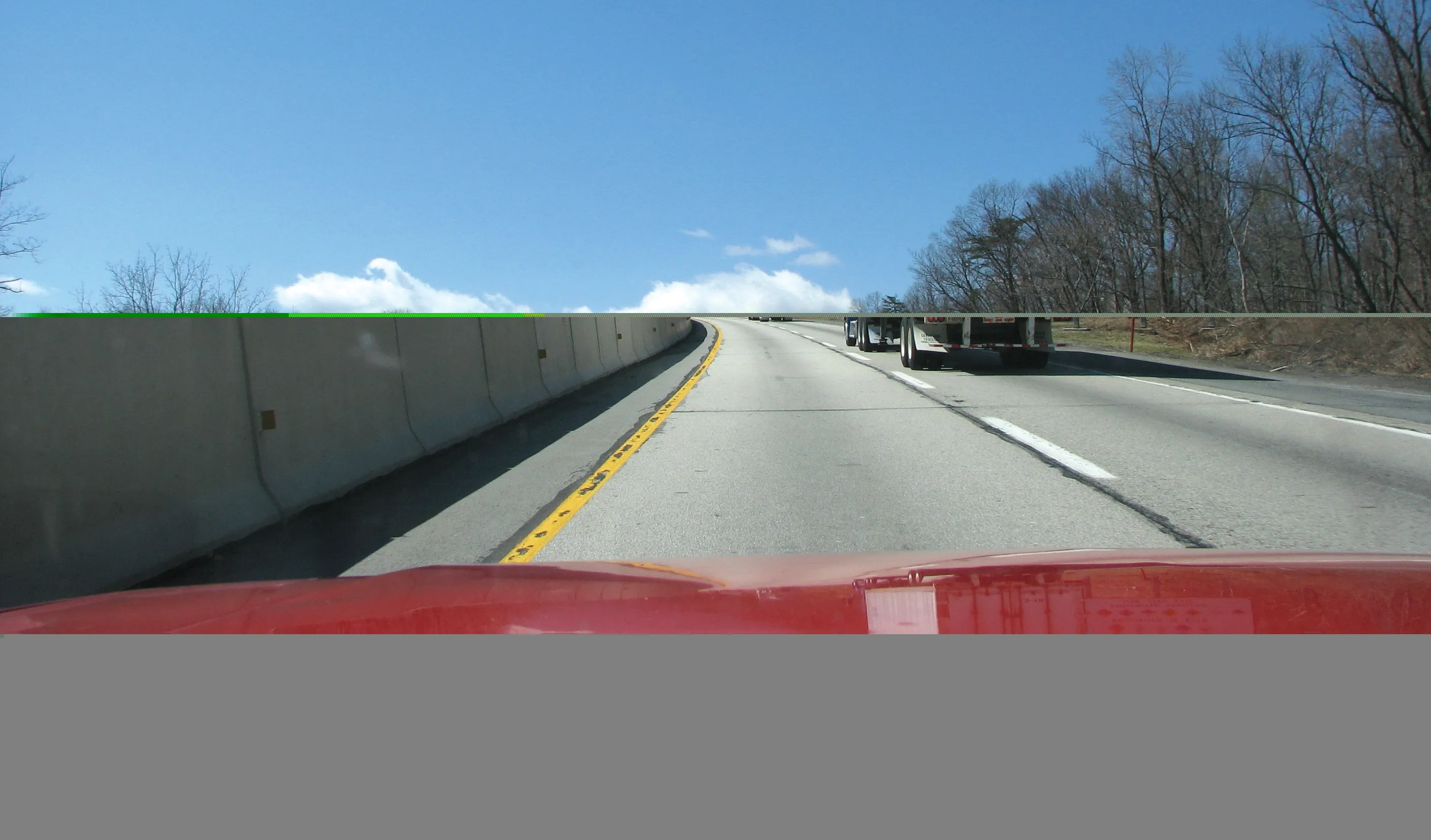
Worldwide the issue of road investment is facing close scrutiny. Developing nations are concentrating on developing road networks, benefiting from foreign loans or investments. Meanwhile in developed nations, the focus is more on road network repair rather than expansion.
With government short of funds for direct investment in roads, an array of financing structures are being employed, with private sources and PPP programmes being widely employed, both in developing and developed countries. Tolled highways are now common across the globe as they can offer a direct return on investment through concession packages for large firms involved in the sector.
Particular problems do occur however in countries where highway tolling is not commonly employed. In the US, the government has recently opted to provide a patch repair to the Highway Trust Fund, a short term option rather than a longer term solution. While the US does have some tolled highways, with much of the Interstate network remaining free for use. And similar issues face those European countries where highways are not tolled.
Looking into the future, there is a big question mark as to how road infrastructure will be funded.
Fuel taxation is a simple method to source the finances needed for infrastructure investment and has been effective in the past. However, developments in technology will make fuel taxation increasingly ineffective in the future as vehicles become more fuel efficient and in some cases, move towards being electrically powered.
Tolling can be effective for highways and in Europe, the French tolled highways are a particularly good example of how such a system can deliver efficient transportation. But even in France, there is a question as to how the main roads, urban routes and rural links will connect with the tolled highways.
The recent suggestion by the German Government to deliver a new road funding model has been the source of considerable discussion within Europe. The German plan has called for a toll-road sticker system to help pay for road infrastructure. The wider problem however is that at the same time, German vehicle owners benefit from a reduction in their car tax.
While attractive to German vehicle owners, it has meant in effect that much of Germany’s road investment would come from those foreign drivers buying short term toll stickers to use the network. Several legal experts have commented that this would discriminate against non-German road users on the country’s roads and would be against an EU policy of non-discrimination. Various groups in neighbouring countries such as Austria, Denmark and the Netherlands were quick to voice their concerns.
It has not been well thought out. From an environmental perspective there are also concerns. At present vehicle taxation is linked to the size of the vehicle engine.
Vehicles with more powerful engines pay higher levels, while models with smaller engines (and lower emission levels) face lower fees. The annual toll sticker system would unfairly benefit those driving long distances at the expense of others who only drive occasionally and this ill-conceived concept will either be dropped or amended so that it meets EU rules.









